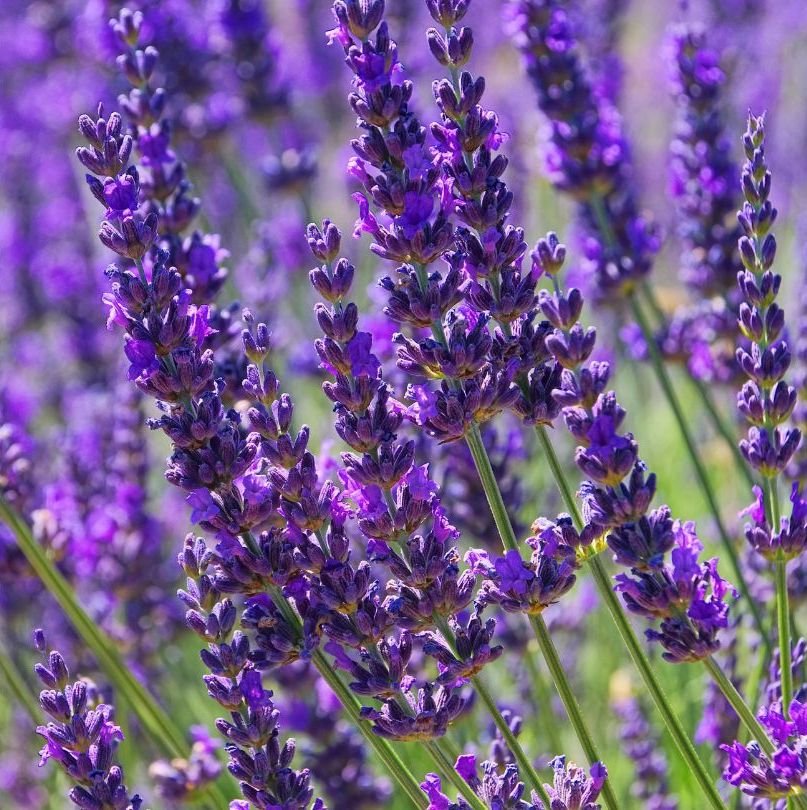Gardening guru Naomi Saunders on how to tackle slugs without pesticides
Slugs are one of the most common and complained about pests that you’ll find in your garden.
Here, we speak to expert gardener and presenter of S4C’s Garddio a Mwy, Naomi Saunders, to hear her tricks on how to keep these pesky critters at bay.
When you see signs of slugs in your garden, your first instinct may be to reach for slug pellets but there are far safer and more ecofriendly methods that you can use which are just as effective. I always use organic and pesticide-free solutions – it’s something that’s really important to me – as I’m conscious of the impact my actions have on the environment, wildlife and animals, including my dog Jini.
I’ve used a combination of natural methods to combat slugs over the years and have seen great success from them.
Here are my five go-to tricks to manage slugs naturally:
1. Nematodes
Nematodes are a fantastic pesticide-free solution. These parasitic bugs, which are found naturally in UK soil, tackle slugs underground where they lay their eggs and are a really effective way of keeping slug numbers down if you use them regularly.
The product comes in a powder form which you first need to dissolve in water to create a stock. I then add this to a full watering can fitted with a coarse rose and proceed to water my garden as usual, ensuring I keep the soil moist. I water the treated area again after application. The nematodes will then be eaten by the hatching slugs and release a bacteria that kills the slugs, without harming any other animals or wildlife. You will need to reapply the nematodes usually every 4-6 weeks (except during the winter) Always purchase from a reputable retailer and follow the instructions carefully.
2. Beer Traps
For slugs on the surface of your soil, beer traps are an easy and affordable option. They work by attracting slugs to the yeast and sugar in the beer (they love the smell!) rather than your plants. The slugs are drawn into the containers where they become trapped.
You can purchase these online or, if you’d like to give DIY a go, you can make one using a plastic container with a lid – just cut a small hole out of the top of the lid to provide the slugs with access into them.
Once you have your traps to hand:
· Pour two to three inches of beer (or a beer substitute) into each container. The sweeter the beer the better – I tend to use strawberry beer as slugs love it!
· Pop them between your plants and slugs will make their way into them. Burying them in the ground about an inch above the soil line will help prevent other beneficial insects like centipedes or violet ground beetles from falling in.
· Replenish the beer every few days as the yeast will evaporate quickly and rainwater will dilute the solution making it ineffective.
3. Manual removal
One of the easiest ways to rid your garden of slugs is to remove them by hand. They usually feed at night and typically target young seedlings – so go out in the evening with a flashlight and gloves and leave no leaf unturned! Check the underside of plant leaves and stems as this is where slugs can usually be found to hide from the sun and predators. Follow any slime trails you see as this will lead you right to the sticky culprits. Once found, move them as far away as possible from your garden or place them in a bucket of soapy water. You’ll be surprised at how much you can reduce the slug population with this method.
4. Slug repelling plants
There are certain plants that slugs hate that can be used to deter them away. Strong smelling plants such as lavender, rosemary and fennel will drive slugs away from your garden due to the essential oils they contain. As well as having an off putting scent, these plants don’t offer any food for the critters, deterring them from coming into your garden. These plants are also a great addition for your kitchen!
5. Garlic spray
Allicin, a compound created by garlic bulbs, repels and kills slugs. For a step by step guide to make your own garlic spray, check out PestSmart’s natural solutions page here. You can tailor the spray to your needs by diluting it to adjust the potency depending on what works for your garden. Try starting with two bulbs of garlic added to a 120ml of water. You can let it steep overnight or blitz it in a food processor. Then just add it to a spray bottle and spray onto the leaves of your plants to deter insects. Garlic sprays are a great natural alternative to pesticides which may harm pets and people.
You can enhance the presence of these beneficial predators by practising companion planting, creating suitable habitats, and avoiding pesticide use. By inviting these allies into your garden, you'll promote natural pest control and cultivate a thriving, harmonious environment.
For more tips on what flowers, herbs and crops to plant in your garden to encourage more natural predators, take a look at Huw’s blog on harnessing the power of beneficial predators







